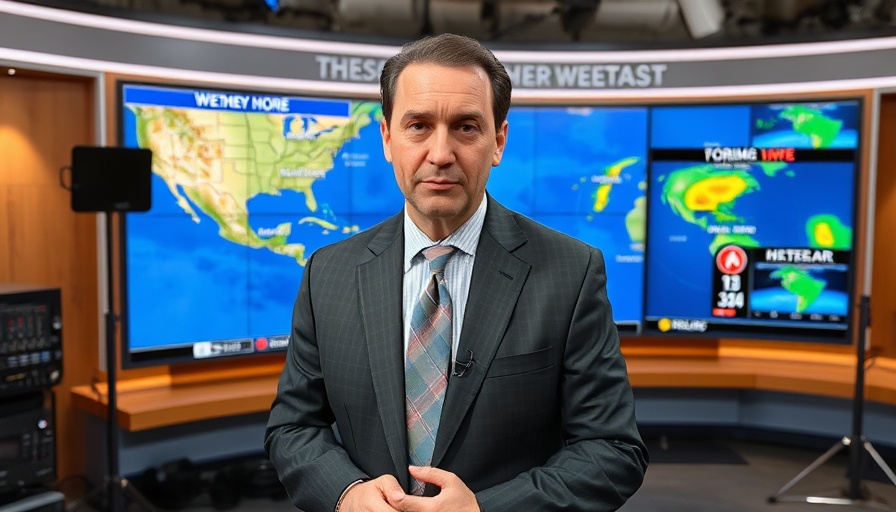
New Florida Law Revolutionizes Cell Phone Usage in Schools
As the school year kicks off, a pivotal change is sweeping across Florida's educational landscape. The newly enacted law, signed by Governor Ron DeSantis, places stringent restrictions on cell phone use within elementary and middle schools statewide. This law aims to combat classroom distractions and refocus student attention on learning, a trend echoed in schools across the nation.
Understanding the Law's Impact
The law builds on a previous measure passed in 2023, which allowed individual districts to set their own policies regarding cell phone use. While some areas embraced full bans during instructional hours, others permitted usage during lunch and between classes. The newly adopted law mandates a complete ban for elementary and middle school students, putting the onus on high schools to determine operational protocols.
Why This Change Matters to Central Florida
In Central Florida, school districts like Orange County have already seen promising outcomes from stringent policies. Superintendent Dr. Maria Vasquez shared during a recent committee meeting that cell phone-related discipline issues have drastically decreased. After implementing a ban, her district observed positive transformations in student interactions, with kids playing games like spikeball and pickleball during breaks, fostering social connections.
Evidence from Local Experiences
Marc Wasko, Principal at Timber Creek High School, reported that the implementation of a cell phone policy was surprisingly smooth. Initial phone collections were high but quickly diminished, showcasing student compliance. Teachers have noted that classrooms are now more conducive to learning, allowing for deeper discussion and fewer distractions. In fact, a recent Pew Research survey found that 72% of U.S. educators feel that cell phone distractions significantly impact teaching, which underscores the necessity of such legislative measures.
Voices from the Community
Parents and community stakeholders have been vocally supportive of these changes, emphasizing the importance of an undistracted learning environment. Prior town hall meetings revealed that discipline and academic focus were among parents' top concerns. The feedback indicates a continuing demand for policies that promote educational integrity in the face of evolving technology.
Future Predictions: A Shift in Educational Culture?
As this law takes effect, its implications for the future of education in Florida are significant. Experts predict that as cell phone usage decreases during school hours, students may experience improvements in academic performance and mental health. Moreover, fostering a technology-free environment is likely to encourage interpersonal skills development, resilience, and overall classroom harmony.
Counterarguments: What's Missing?
While many lauded the law's intent, some critics have raised concerns about the possible drawbacks. A complete ban might hinder students' ability to engage with technology responsibly. The law includes exceptions for students with specific medical needs, but what about the rest? Balancing technology use in education remains a hotly debated issue, and the long-term effects of such restrictions will require ongoing assessment and discussion.
Final Thoughts: Taking Action
As this new law comes into effect, education stakeholders—teachers, parents, and community members—are urged to remain engaged in discussions about its impact. Recognizing its potential to shape the educational experience for students today and in the years to come is essential. The dialogue surrounding technology in schools must continue, fostering an environment where students can thrive academically, socially, and emotionally.
Central Florida residents are encouraged to stay engaged with local school policy decisions and share their views on how these changes are affecting the community.
 Add Row
Add Row  Add
Add 




Write A Comment